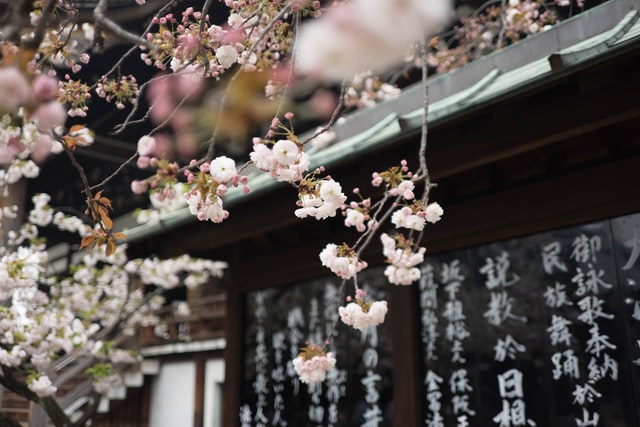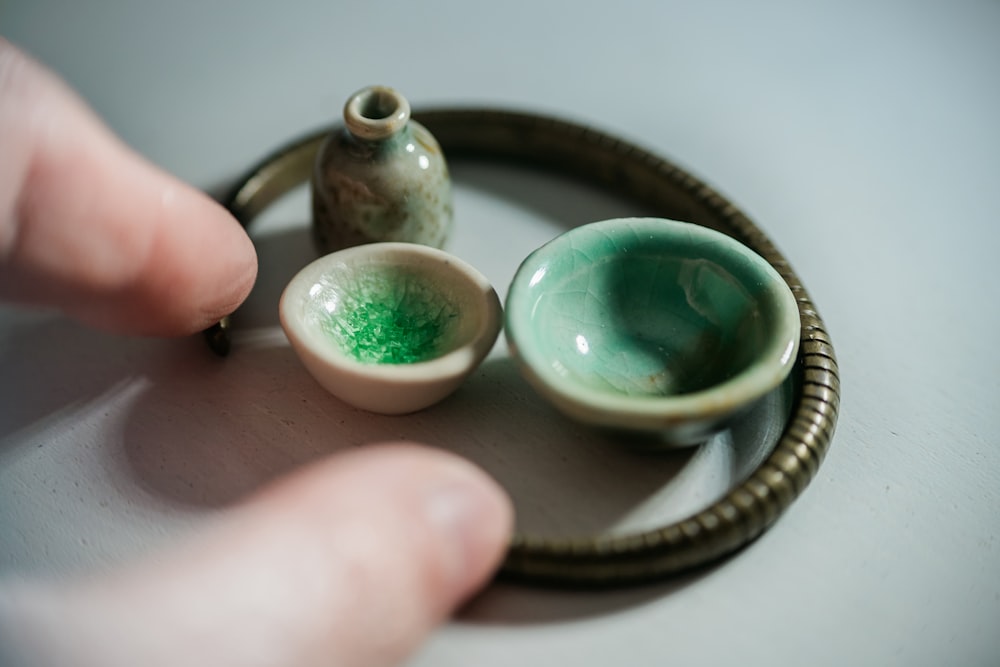
05 Jun 5 Japanese words to help you overcome midlife crisis
How can you overcome midlife crisis using the wisdom of Japanese words? In my work as a career transition coach, I come across people feeling the proverbial midlife crisis. This often links with their career and how they feel about work and themselves at work. Sometimes this state of mind also shows up in statements like “I need to find my Ikigai”.
The popularity of the word Ikigai notwithstanding, there are some other beautiful Japanese words too, which I’ve come across which I think can put the emotions and experiences of midlife into perspective and offer ways to overcome midlife crisis.
So what are these Japanese words? I have arranged them to go from first describing what the desired other side of a midlife or mid-career crisis might look like, which is finding and living Ikigai to a set of other words which to me are mindsets/ways of being and doing which can take you towards Ikigai.
1. Ikigai – the word itself is not thought to have a direct English translation. It is composed of two words: ‘iki’, which means life and ‘gai’, which describes value or worth. Combining the two, the meaning loosely translates into value in living. In popular parlance, it is described as ‘reason to be’.
Since the book with the title Ikigai was published in 2016, the word has caught the imagination of millions. And no surprise that the self-help industry jumped onto this bandwagon and now there are tons of suggested ways to find your ikigai – the place where your passions, skills and what the world needs meet!
But I am more concerned with the original meaning or whatever is closest to the original meaning of ‘value in living’ and the emotion of ikigai which is a feeling that your life is moving forward.
Applied to how we can overcome midlife crisis, it maps to the idea that there is value in living and that the sum of small joys in everyday life results in a more fulfilling life as a whole. If there is a feeling of being ‘stuck’, then striving to find small joys to look forward to is worthwhile.
Finding small joys can give us the feeling of Ikigai or moving forward
Applied to how this can make you feel about work or your career – well, that it’s often the small things which you do/can do at work which can keep you feeling alive, energized, productive, accomplished. The big, glitzy achievements are wonderful, but they’re also harder to come by and staying unfulfilled while waiting for them, is certainly not a good idea. And the little joys and little wins, may eventually coalesce into something significant.
Takeaway : The myth that life or our jobs need to be great/perfect and the quagmire of unhelpful emotions that believing in this myth can take us into can be gotten out of – if we understand ikigai and look for ways to find ikigai – small things of much value which makes us feel we are moving forward. And this ikigai is unique to each of us.
Now that we understand Ikigai as the desired state of being able to overcome midlife crisis, what can help us move towards Ikigai?
The first such mindset is Shoshin.
2. Shoshin is a word from Zen Buddhism meaning “beginner’s mind.” It refers to having an attitude of openness, eagerness, and lack of preconceptions when studying a subject, even when studying at an advanced level, just as a beginner would. The term is especially used in the study of Zen Buddhism and Japanese martial arts.
The phrase is also discussed in the book Zen Mind, Beginner’s Mind by Shunryu Suzuki, a Zen teacher. Suzuki outlines the framework behind shoshin, noting “in the beginner’s mind there are many possibilities, in the expert’s mind there are few.”

Tap into beginner’s mind or Shoshin to awaken new learning and experiences
When familiarity throws itself as a warm cloak over everything you do, it’s up to you to open yourself to new possibilities and that can only come from a place of genuine, childlike wonder to know and experience something afresh.
At work too, if you reach a place of expertise in one area, do you stay stuck there? How does a beginner see the same problem? What new knowledge and developments have taken place which you are yet to learn about? Are there other people who are seeing the same problem in a different way? How might you preface your expert view with a curious question?
Many mid-career individuals will agree with me, that what they miss most is a feeling of learning and doing something new. Perhaps, it’s time to tap into that shoshin feeling.
From Shoshin, comes the next step of actually discovering the world in a new way. And that’s where we need Genchi Genbutsu.
Read also: 7 Proven ways to Deal with a Mid-Career Crisis
3. Genchi Genbutsu literally translates into “real location, real thing” and it is a key principle of the Toyota Production System. The principle is sometimes referred to as “go and see.” It suggests that in order to truly understand a situation one needs to observe what is happening at the site where work actually takes place: the genba. One definition is that it is “collecting facts and data at the actual site of the work or problem.”
Taiichi Ohno, creator of the Toyota Production System is credited, perhaps apocryphally, with taking new graduates to the shopfloor and drawing a chalk circle on the floor. The graduate would be told to stand in the circle, observe and note what he saw. When Ohno returned he would check; if the graduate had not seen enough he would be asked to keep observing. Ohno was trying to imprint upon his future engineers that the only way to truly understand what happens on the shop floor was to go there. It was where the value was added and waste could be observed.
Genchi Genbutsu is also called Gemba attitude. Gemba is the Japanese term for “the place” in this case “the place where it actually happens”. Since real value is created at the shop floor in manufacturing, this is where managers need to spend their time.
So why do mid-career individuals need to apply Genchi Genbutsu to their lives and work? Because too often, they are missing the view of “the place where it actually happens”.
You want to transition out of program management in Consulting and transition into Data Science? Then practice Genchi Genbutsu – talk to data science professionals, ask them what they enjoy about their work, what skills they need, what kind of problems they work on.
Real location, real thing – you need to get moving.
Read also: Career Change at 40. How to do it right.
On the way to Ikigai, we often come face-to-face with our imperfections and limitations. We can either abandon the journey to Ikigai, because these imperfections make us feel small or we can accept and embrace them. This is what Wabi Sabi teaches us.
4. Wabi Sabi is about honoring imperfection as the manifestation of authenticity.
The words “wabi” and “sabi” do not translate directly into English; ‘wabi’ originally referred to the loneliness of living in nature, remote from society; ‘sabi’ meant “chill”, “lean” or “withered”. Around the 14th century, these meanings began to change, taking on more positive connotations.
‘Wabi’ came to connote rustic simplicity, freshness or quietness and can be applied to both natural and human-made objects as an expression of understated elegance. It can also be used to refer to the quirks and anomalies that arise from the process of making something, which are seen to add uniqueness and elegance to the finished object. ‘Sabi’ refers to the beauty or serenity that comes with age, when the life of the object and its impermanence are evidenced in its patina and wear, or in any visible repairs.

Your imperfections and cracks, your Wabi-Sabi make up the real you
A midlife crisis is often precipitated by a desire to ‘put right’ things including parts of ourselves which don’t feel quite right. But is this very pursuit of ‘perfection’ which deepens the discontent of this stage.
Talk to a number of people at this stage and you will hear similar longings. But those who are able to find the opportunity in this crisis, are often the ones who can embrace their ‘wabi-sabi’ – the natural imperfections, their not-so-perfectness, just like everybody else’s. It can feel like a huge burden lifted off their shoulders and the relief brings a palpable energy to move forward.
Watch: Real stories of people at mid-career making career switches and living the wabi-sabi way
The last word is my favourite. Kintsugi meaning ‘repair with gold’.
5. Kintsugi also known as kintsukuroi is the Japanese art of repairing broken pottery by mending the areas of breakage with lacquer dusted or mixed with precious metals such as powdered gold, silver or platinum, a method similar to the maki-e technique. As a philosophy, it treats breakage and repair as part of the history of an object, rather than something to disguise.

Make yourself whole again by accepting your imperfections, the Kintsugi way
We are often acutely aware of our imperfections, limitations and broken dreams at midlife. The Kintsugi philosophy that breakage and repair are part of the history of an object, rather than something to disguise is a deeply compassionate opening to enable us to overcome midlife crisis. The idea that in embracing flaws and imperfections, you can create an even stronger, more beautiful piece of art, allows us to grace our imperfection.
Every break is unique and instead of repairing an item like new, the 400-year-old technique actually highlights the “scars” as a part of the design. Honoring and accepting these imperfections is like the act of Kintsugi – repairing broken pieces of pottery with gold, which in turn, produce a piece of striking and original beauty.
A midlife or mid-career crisis is an invitation to discovery and reinvention. When we accept that we are stuck or cracking up, we also have the resources within us to put ourselves together. And in the process of putting ourselves together to emerge differently whole, we can actually create something more unique, beautiful and resilient.
If you would like us to be your journey partner in helping you overcome midlife crisis, reach out to kn@kavyata.in.
Read also : Mid-Career Change Coaching-Helping you Overcome A Mid-Career Crisis

Kavita, an alumna of IIM Ahmedabad, brings 20 years of experience in Experiential Learning, Coaching, Personal Growth & Change. Her forte is Career Transition Coaching and Leadership Development for mid-senior individuals, helping them find success and fulfilment at work . She also teaches Career & Self Development courses at leading management institutes including IIM Kozhikode, IIM Udaipur, IIM Indore and at the IITs.


